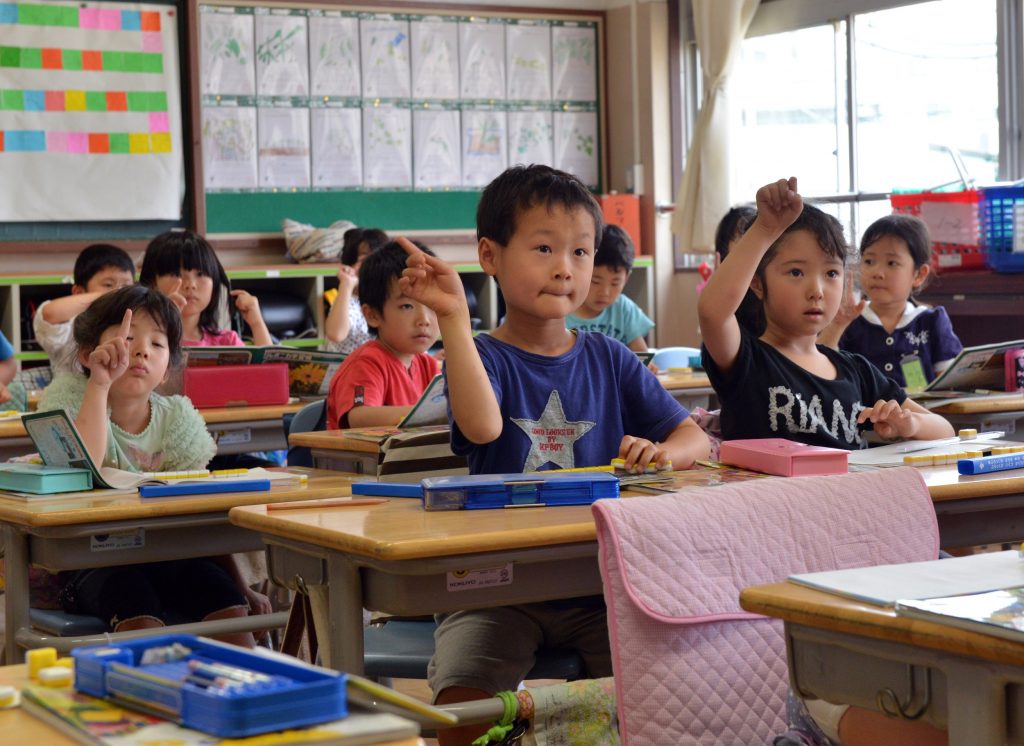
- ARAB NEWS
- 01 Jul 2025

Tokyo
Japanese students ranked at their lowest level ever in reading while remaining in the top band in science and mathematics, in a triennial international survey on academic ability in 2018, the Organization for Economic Cooperation and Development said Tuesday.
The Program for International Student Assessment, or PISA, tests covered about 600,000 15-year-old students in 79 countries and regions. Japanese students came 15th in reading, down from eighth in the previous 2015 tests.
They scored 504 points on average in reading, which was higher than the average score of 487 among the 37 OECD members, but down by 12 points from the previous test, with students in the bottom bracket scoring fewer than 408 points accounting for 16.9 percent, up by 4.0 percentage points.
The education ministry believes Japanese students have room for improvement in finding information from texts, as well as evaluating the credibility of texts and clearly explaining their thoughts to others by giving reasons.
It also pointed out that Japanese students are not used to reading long texts on computer screens.
Meanwhile, Japanese students ranked also lower in science and mathematics, at fifth, down from second, and sixth, down from fifth, respectively, but they stayed near the top in both categories.
In science, the average Japanese score fell 9 points to 529, the lowest level ever, while the average score in mathematics fell 5 points to 527.
Among the 37 OECD members, Japan came 11th in reading, top place in mathematics and second in science.
The proportion of Japanese students who cited reading as one of their favorite hobbies stood at 45.2 percent, compared with the average of 33.7 percent among the OECD members, according to a questionnaire survey.
Students who gave positive responses about reading in the questionnaire tended to score higher in reading.
Andreas Schleicher, OECD director for education and skills, said that Japanese students scored lower in free description-style questions than in selection-type questions.
Cultivating own thoughts given the plethora of information available in the age of digitization and telling the difference between facts and opinions are important for students, Schleicher said.
Reading ability among Japanese students fell to 14th from eighth in the 2003 PISA tests, and the plunge, called the PISA shock, prompted the government to review the "yutori" relaxed education policy.
Reading ability temporarily recovered later, but it fell to eighth in the previous 2015 tests from fourth in the 2012 tests.
The ministry will move forward with vocabulary education programs included in new curriculum guidelines and nurturing the ability to understand information and express one's thoughts.
Beijing, Shanghai, Jiangsu Province and Zhejiang Province, which jointly participated in the tests as one region, topped in the three fields, with Singapore, which came in first place in the 2015 tests, ranked second in the three categories.
Jiji Press